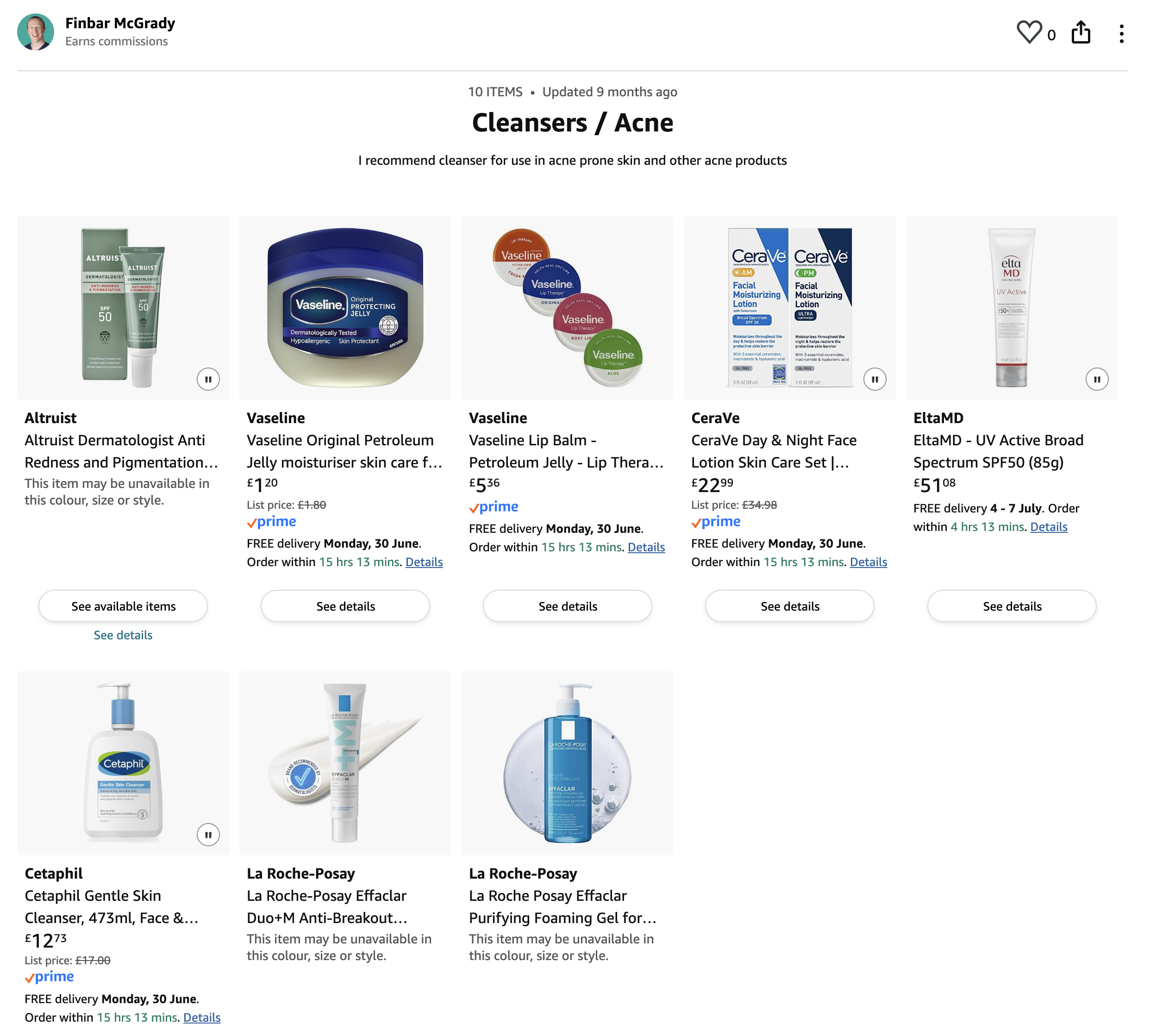Isotretinoin (Roaccutane) — What You Need to Know
What is Isotretinoin?
Isotretinoin (brand name Roaccutane) is a powerful form of Vitamin A. It belongs to a group of medications known as retinoids, and is licensed to treat severe or scarring acne when other treatments haven’t worked. Occasionally, it may also be prescribed for other skin conditions such as Hidradenitis Suppurativa or Rosacea, under specialist guidance.
How Does It Work?
Isotretinoin tackles acne at its root by:
-
Reducing sebum production, the oily substance made by your skin.
-
Preventing clogged pores, by regulating how skin cells shed and renew.
-
Reducing inflammation, a key driver in acne-related swelling and redness.
The result is often clearer skin that stays clearer, even after treatment ends.
What to Expect From Treatment
-
Isotretinoin is best taken after a meal that contains fat, which improves absorption.
-
A typical course lasts 4 to 6 months, but some people may need longer.
-
It’s common for acne to temporarily worsen in the first few weeks before improving.
-
Around 9 in 10 patients see dramatic improvement with a single course.
-
A follow-up course is rarely needed, and results often last for years.
Aftercare: Preventing Recurrence
To reduce the risk of acne returning, we usually recommend starting a topical retinoid (a cream or gel form of Vitamin A) about 5 weeks after completing isotretinoin. This helps maintain the long-term benefits and supports skin renewal.
Safety: Pregnancy and Mental Health
Pregnancy Prevention Programme
Isotretinoin can cause severe birth defects if taken during pregnancy or within 4 weeks after stopping the medication. That’s why all patients who could become pregnant must:
-
Be enrolled in the Pregnancy Prevention Programme (PPP).
-
Have regular pregnancy tests.
-
Use two forms of contraception throughout treatment and for one month after.
Your safety is our priority, and we will guide you through this carefully.
Mental Health Considerations
Some people report changes in mood while on isotretinoin. These are uncommon, but it’s important to:
-
Let us know if you have a history of depression, anxiety, or other mental health concerns.
-
Tell us promptly if your mood changes during treatment.
We’ll work with you to decide whether isotretinoin is the right choice for you, and support you throughout.
Important Links and Resources
For more in-depth guidance, we recommend reading:

